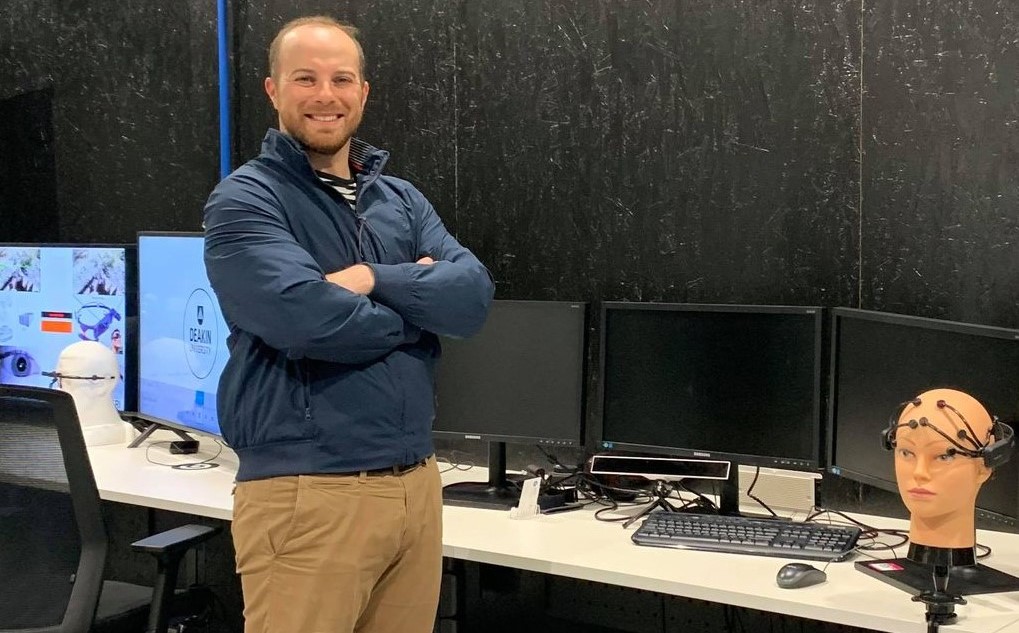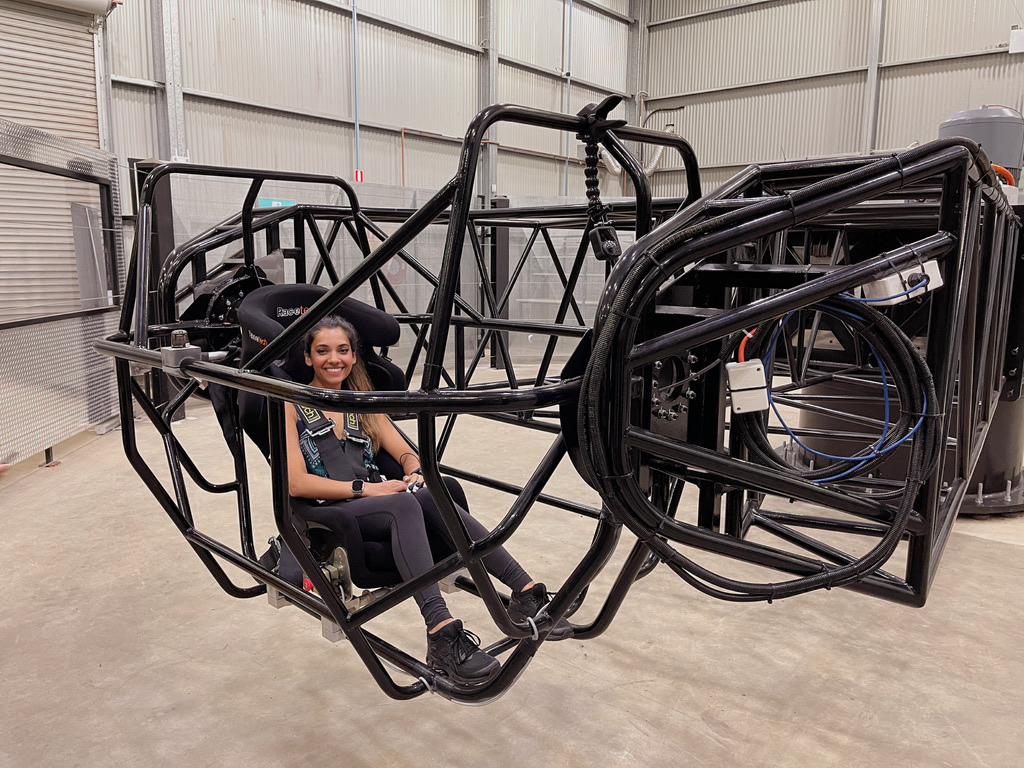With its ear to the ground, seeking out research capability to advance Australia’s defence sector, the Defence Science Institute (DSI) plays a pivotal role in fostering R&D collaborations between Defence, industry and academia. Staying cognizant of this sovereign capability across Victoria’s university circles is vital.
A key element in helping to support these collaborations is the Australian Postgraduate Research Intern (APR.Intern) program, Australia’s only not-for-profit national PhD internship program spanning all sectors and disciplines. To date, APR.Intern and DSI have together facilitated over 20 successful short-term, focused internships that have delivered tertiary expertise to a wide range of defence sectors.
Thus, when DSI recognised a need to update its capabilities for tracking Australia’s changing defence research landscape, it did for itself what it helped other organisations to do in the past – it reached out to APR.Intern to bring in PhD research expertise.
Following a rigorous selection process, RMIT University engineering expert and PhD student Raoul Mazumdar was identified as the ideal candidate. DSI enlisted his skills for a tailored three-month, paid internship to investigate critical research hubs and trends in Australian academia, with particular focus on autonomous vehicle research. The topics ranged from propulsion systems, composite materials, control theory, through to computer vision and policy.
With a background in hypersonic propulsion, Raoul applied data clustering and Machine Learning to identify key players and the extent of research in the field of autonomous systems. A salient part of the research was a unique Machine Learning tool developed to quantify those results.
“I saw a substantial data challenge and sought to resolve those issues through data text mining, clustering, and Machine Learning. What I unravelled was the potential to use those methods for better visualisation not only for autonomous systems but for any field of interest,” said Raoul.
“In working with DSI, I had the chance to involve myself in an area of research beyond the scope of just hypersonics. The internship has had a profound impact on my research capabilities by allowing me to apply my skillset outside of my particular research topic,” Raoul added.
For DSI, the internship helped identify hotspots for potential collaboration, strengthening the crux of the organisation’s responsibilites. “Thanks to Raoul’s research, DSI now has access to a useful tool that is not yet present in published media. Achieving the twin goals of tool development and development of a capability landscape was a great outcome,” said Craig Butler, DSI Industry Engagement lead and Raoul’s Industry Supervisor.
Raoul is still pursuing his PhD in Melbourne in hypersonics and in the near future hopes to publish certain aspects of this work in a peer-reviewed journal. For the time being, however, as the global pandemic subsides, he is taking joy in painting and attempting an odd variety of roasts.
Raoul Mazumdar’s story of research progression is one of many at DSI and demonstrates how research outcomes are transferable and of value across multiple sectors, including defence. DSI aims to establish connections between industry and academia and encourages researchers who may not have had any experience with the defence sector to make contact to leverage the many grant and support options available to advance their research.
To learn more about this project, or any other research collaboration projects facilitated by DSI, please contact us at dsi.info@defencescienceinstitute.com.



